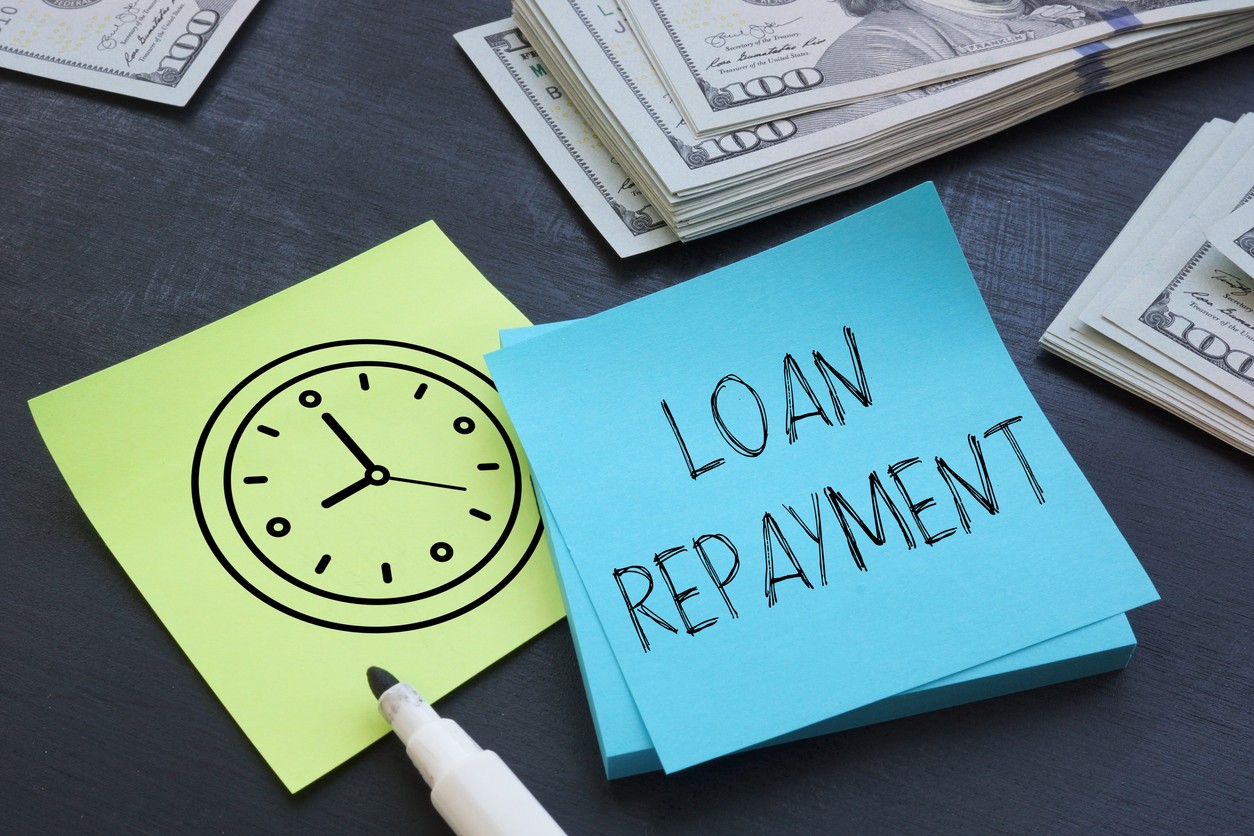 780-413-1684
780-413-1684
780-413-1684
780-413-1684

Using home equity to pay off debt can be an effective financial strategy but borrowing too much can put your home and financial stability at risk. Equity lending for debt repayment provides homeowners with access to funds by borrowing against their property’s value, but overleveraging can lead to long-term financial strain. Understanding the risks and implementing responsible borrowing strategies can help ensure that using home equity remains a beneficial tool rather than a financial burden. If you're considering equity lending for debt repayment and want expert guidance on responsible borrowing, contact BMC Mortgage and Investments today. Our team can help you find the right solution for your financial needs.
Equity lending for debt repayment involves borrowing against the value of your home to pay off high-interest debts, such as credit cards, personal loans, or other outstanding balances. This is typically done through a home equity loan or a home equity line of credit (HELOC).
While this can provide immediate financial relief by consolidating debt into a single, lower-interest payment, it’s important to assess whether this strategy is sustainable in the long run. Borrowing too much against your home can lead to financial instability and put your property at risk if repayment becomes unmanageable.

Increased Financial Risk
When homeowners borrow too much against their equity, they reduce their financial cushion in case of emergencies. If unexpected expenses arise—such as job loss, medical bills, or major home repairs—it may be difficult to manage mortgage payments alongside other financial obligations.
Higher Monthly Payments
Equity lending for debt repayment can lower interest costs, but if too much is borrowed, monthly payments can become unmanageable. If interest rates rise or income decreases, homeowners may struggle to keep up, leading to financial distress.
Risk of Losing Your Home
Because home equity loans are secured by your property, failing to meet repayment obligations can result in foreclosure. Overleveraging leaves little room for financial flexibility, making it more difficult to recover from setbacks.
Negative Impact on Long-Term Wealth
Home equity is an asset that grows over time and can be a valuable financial resource in retirement. Excessive borrowing can erode this wealth, reducing financial security later in life. Instead of using equity for necessary investments, such as home improvements or education, homeowners may find themselves using it to service debt, limiting future financial opportunities.

To avoid falling into a financial trap, homeowners should watch for these warning signs that indicate they may be borrowing too much:

While equity lending for debt repayment can be useful, it should be approached with caution. Here are some strategies to ensure responsible borrowing:
Borrow Only What is Necessary
Instead of taking out the maximum loan amount available, borrow only what is needed to pay off high-interest debts. Avoid using home equity for unnecessary expenses that do not contribute to long-term financial health.
Maintain a Healthy Loan-to-Value Ratio
A safe loan-to-value (LTV) ratio ensures that homeowners retain a significant portion of their home’s value as equity. Many financial experts recommend keeping an LTV ratio below 80% to maintain financial flexibility.
Create a Realistic Repayment Plan
Before borrowing, homeowners should develop a clear repayment strategy that fits within their budget. Ensuring that payments are affordable even in the event of unexpected expenses is crucial for long-term financial stability.
Consider Alternative Debt Repayment Solutions
If equity lending for debt repayment isn’t the right fit, consider other options such as debt consolidation loans, budgeting adjustments, or negotiating repayment terms with creditors. Consulting a financial advisor can help identify the best approach.
Seek Professional Guidance
Speaking with a mortgage expert or financial advisor can provide valuable insight into whether equity lending for debt repayment is a suitable strategy. A professional can assess financial circumstances and help structure a loan that minimizes risk.

Equity lending for debt repayment can be a valuable financial tool when used responsibly, but overleveraging can lead to significant financial risks. By borrowing cautiously, maintaining a manageable repayment plan, and preserving home equity, homeowners can achieve financial stability without putting their property at risk. If you're considering borrowing against your home equity and want to ensure you're making the right decision, contact BMC Mortgage and Investments today. Our team can help you explore your options and develop a strategy that supports your long-term financial well-being.
